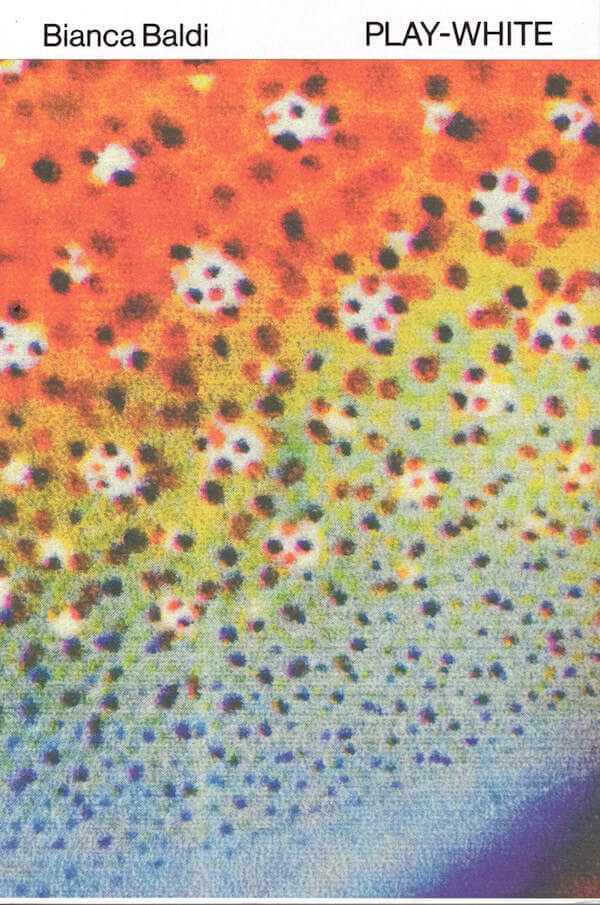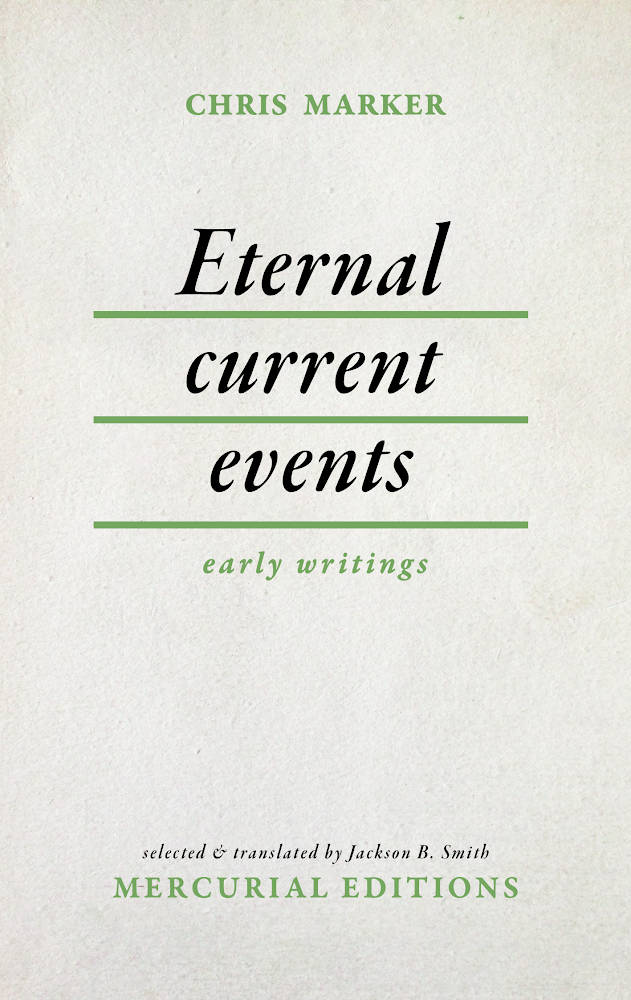
Fieldguides for a Preternaturalist 2
Fieldguides for a Preternaturalist is a series of small chapbooks designed to bring collaborators, audiences, and readers together within the project Nothing of Importance Occurred: Recuperating a Herball for a 17th Century Enslaved Angolan Midwife at the Cape. Initiated by South African artist Wendy Morris, Nothing of Importance Occurred is an artistic project recuperating missing narratives at the Cape through speculative investigations of plants-as-archive and storytelling as method. It has as its focus the retrieving of a library of botanical-medicinal knowledge that might have informed Morris’s enslaved ancestor, Maaij Claesje of Angola, midwife in the Company Slave Lodge in Cape Town.
The investigation follows streams of contraceptive plant knowledge that flowed to the Cape through the bodies of enslaved women from Angola, Moçambique, and Madagascar, and from India, Indonesia, and Sri Lanka, as well as through the bodies of women emigrating from the Netherlands, and Huguenots fleeing France. The investigation traces practices already existent at the Cape in the healing ecologies of Khoi, Nama, and San women. Because upwards of four million Angolans were trafficked to the Americas, the project follows recorded practices among women there too. This project of recuperation leads towards a polyvocal Herball of contraceptive plants, the collaborative Fieldguides, and a part-fictionalized Return from Cape Town to the interior of Angola.
The Fieldguides are conceived as generators of collaborations, which is to say that they are a means to invite guides to beam light onto the investigation from multiple angles—historical, anthropological, experiential, ethnobotanical, literary, and more. The guides are influential researchers and writers whose insights, experiences, and reflections shaped the investigation. The guides were invited to write towards the project in a word-of-mouth form; each contribution will, in turn, occasion a set of gatherings during which the text will be read aloud.






